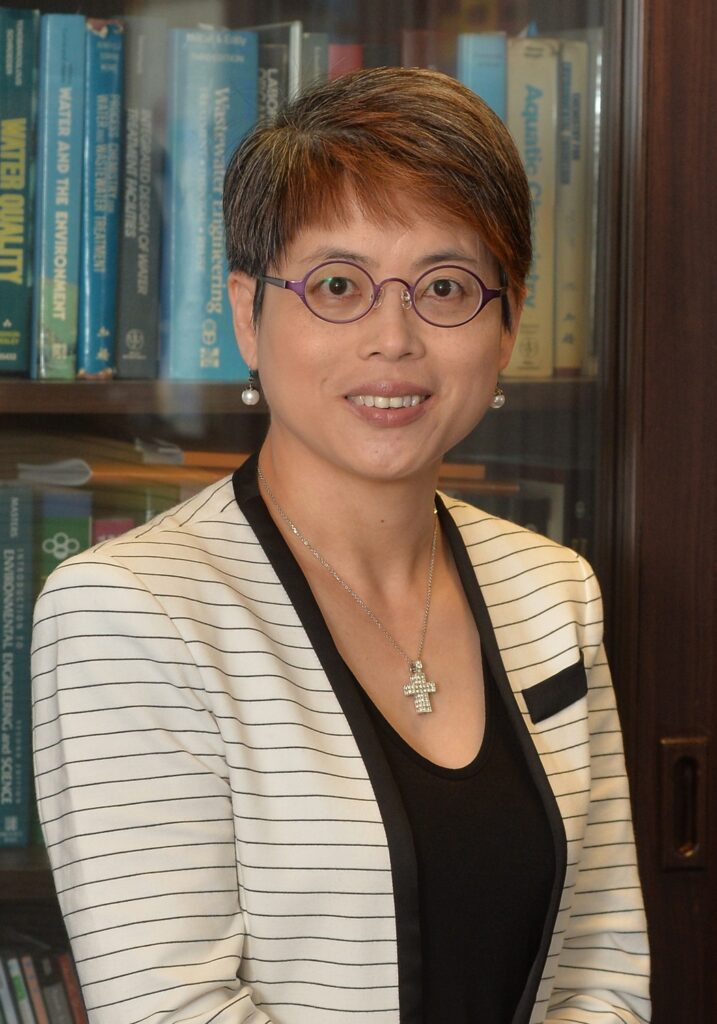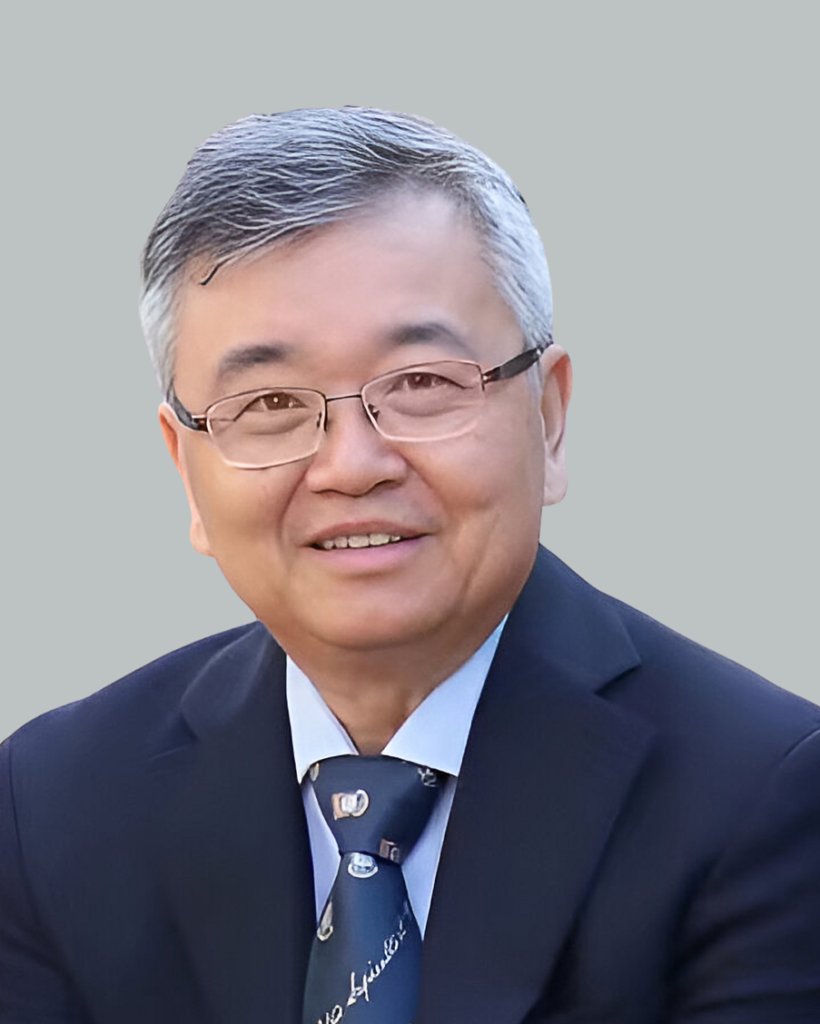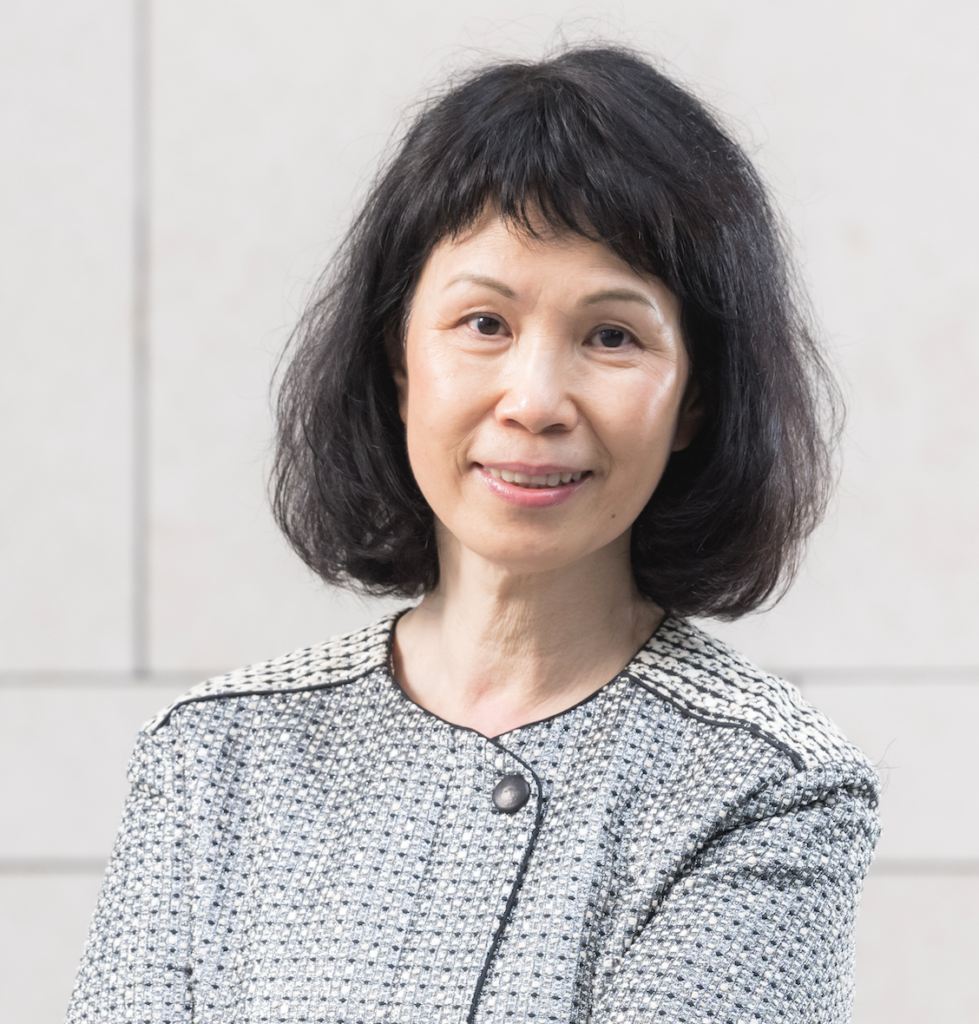HKAE TechTalk – Transforming Wastewater into Green Hydrogen: An Option to Produce the Fuel of the Future in HK?
June 17, 2025 (Tuesday) 4:00-5:00pm
Environmental Analytical Microbiology integrates advanced sequencing, absolute quantification, and standardization to address microbial pollution and antibiotic resistance. This talk traces microbial ecology’s evolution from microscopy to metagenomics, highlighting innovations like cellular internal standards for cross-study comparisons. Case studies demonstrate applications in wastewater treatment, anaerobic digestion, and microbial risk assessment, emphasizing quantification of pathogens and antibiotic resistance genes (ARGs). The global resistome analysis reveals anthropogenic impacts on ARG distribution, while frameworks prioritize high-risk genes. Future efforts focus on the Environment–Microbiome–Health axis, advocating for microbiome-informed urban design to enhance public health. By merging cutting-edge technologies with interdisciplinary collaboration, this field aims to mitigate environmental risks and promote sustainable co-evolution with microbial ecosystems.










